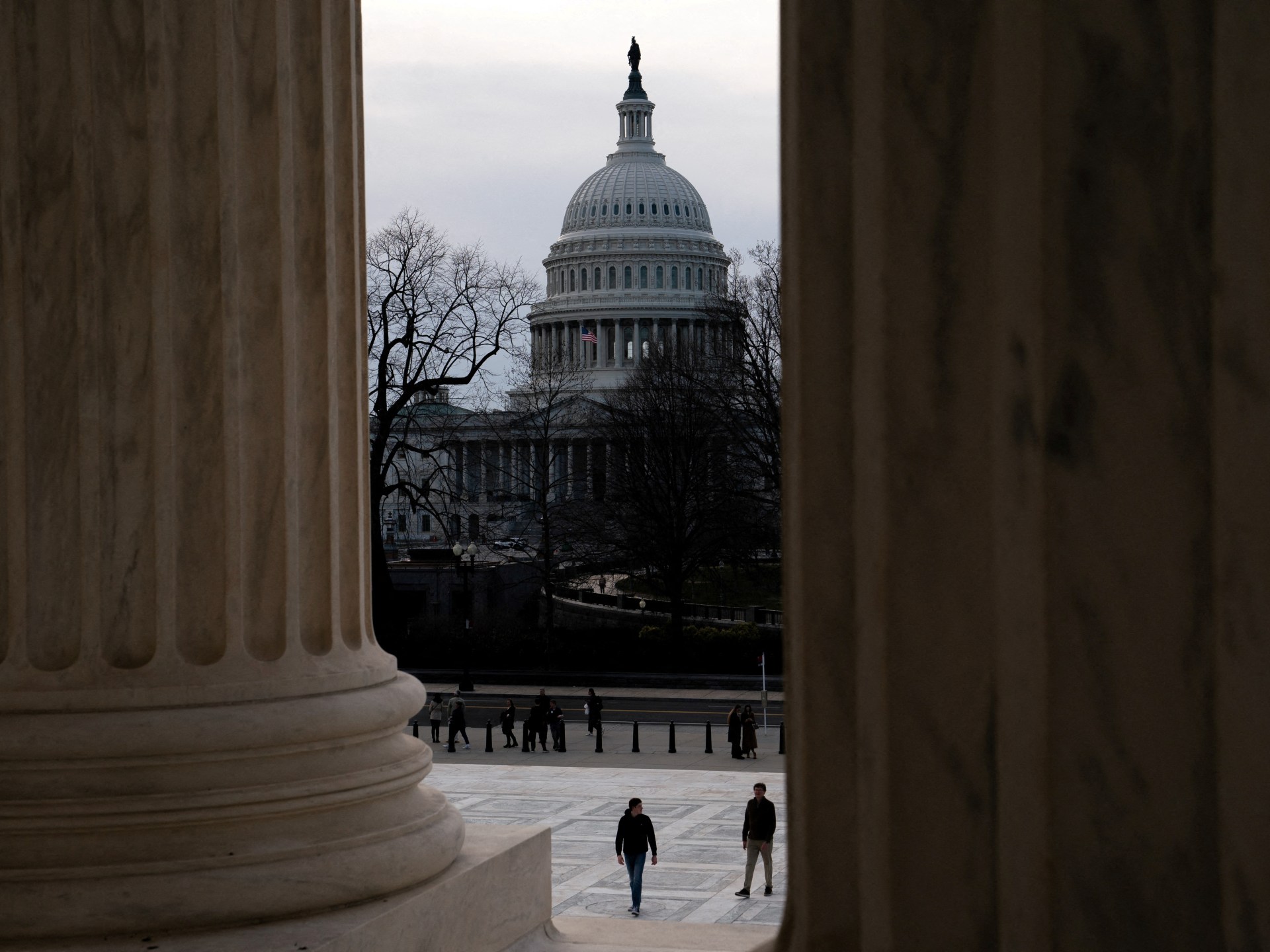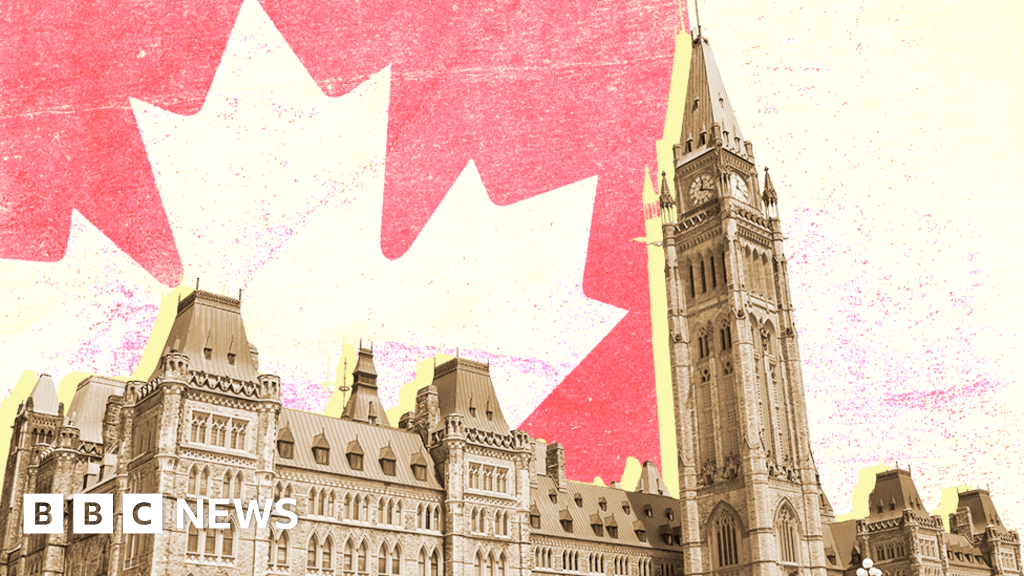NATO chief: Sweden has done what’s needed to join alliance
In May, Sweden and neighboring Finland dropped their longstanding policies of military nonalignment and applied to join NATO following Russia’s invasion of Ukraine. The move requires the unanimous approval of the alliance members. Turkey has held up the process while pressing the two Nordic countries to crack down on groups it considers to be terrorist organizations and to extradite people suspected of terror-related crimes.
Last month, Turkish Foreign Minister Mevlut Cavusoglu said Sweden was not even “halfway” through fulfilling the commitments it made to secure Ankara’s support. His remarks came after a Swedish court ruled against extraditing a man wanted by Turkey for alleged links to a 2016 failed coup.
Sweden’s Prime Minister Ulf Kristersson has said that Sweden has lived up to its commitments and that the decision now “lies with Turkey.”
“We have a very good process together with Finland and Turkey and are doing exactly what we said, which Turkey is now confirming,” Kristersson said on Sunday, the first day of the three-day People and Defense conference in Salen, a ski resort in central Sweden. The event was attended by Stoltenberg and Swedish foreign policy and security experts.
“Legislation banning participation in terrorist organizations is being implemented, and Turkey is known to name individuals it wants extradited. It is also known that Sweden has legislation that is clear and means that it is up to the courts. We also do not extradite Swedish citizens to any country.”
There was no immediate reaction from Turkey to the comments by Stoltenberg and Kristersson.
The parliaments of 28 NATO countries have already ratified Sweden and Finland’s membership. Turkey and Hungary are the only members that haven’t yet given their approval.
Under the memorandum, the two countries agreed to address Turkey’s security concerns, including requests for the deportation and extradition of Kurdish militants and people linked to a network run by U.S.-based Muslim cleric Fethullah Gulen. The Turkish government accuses Gulen of masterminding the 2016 coup attempt, which he denies.
However, Sweden’s top court has refused to extradite journalist Bulent Kenes, whom Turkey accuses of being among the coup plotters. Kenes, who received asylum in Sweden, was the editor of the English-language Today’s Zaman newspaper which was owned by the Gulen network and was closed down as part of Ankara’s crackdown on the group.
Check out our Latest News and Follow us at Facebook
Original Source







